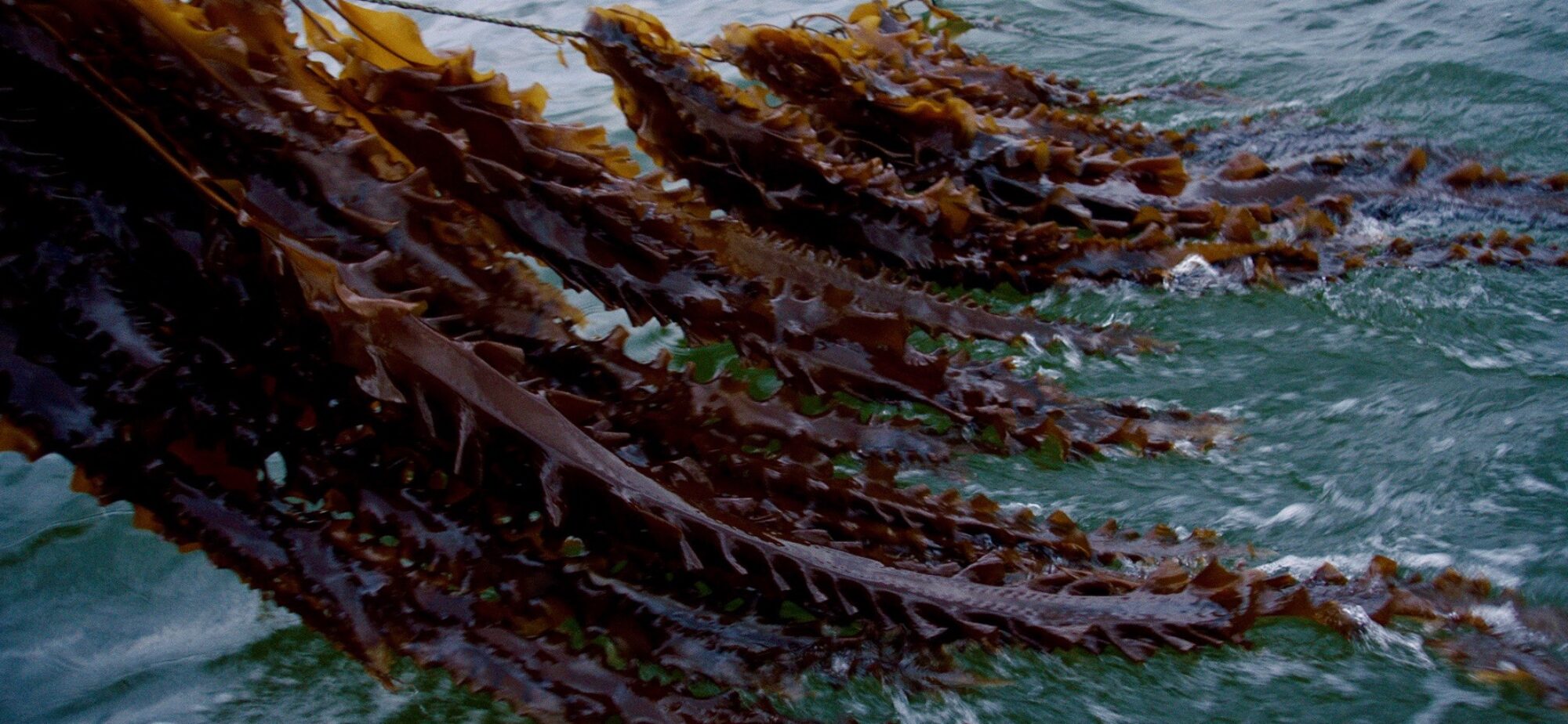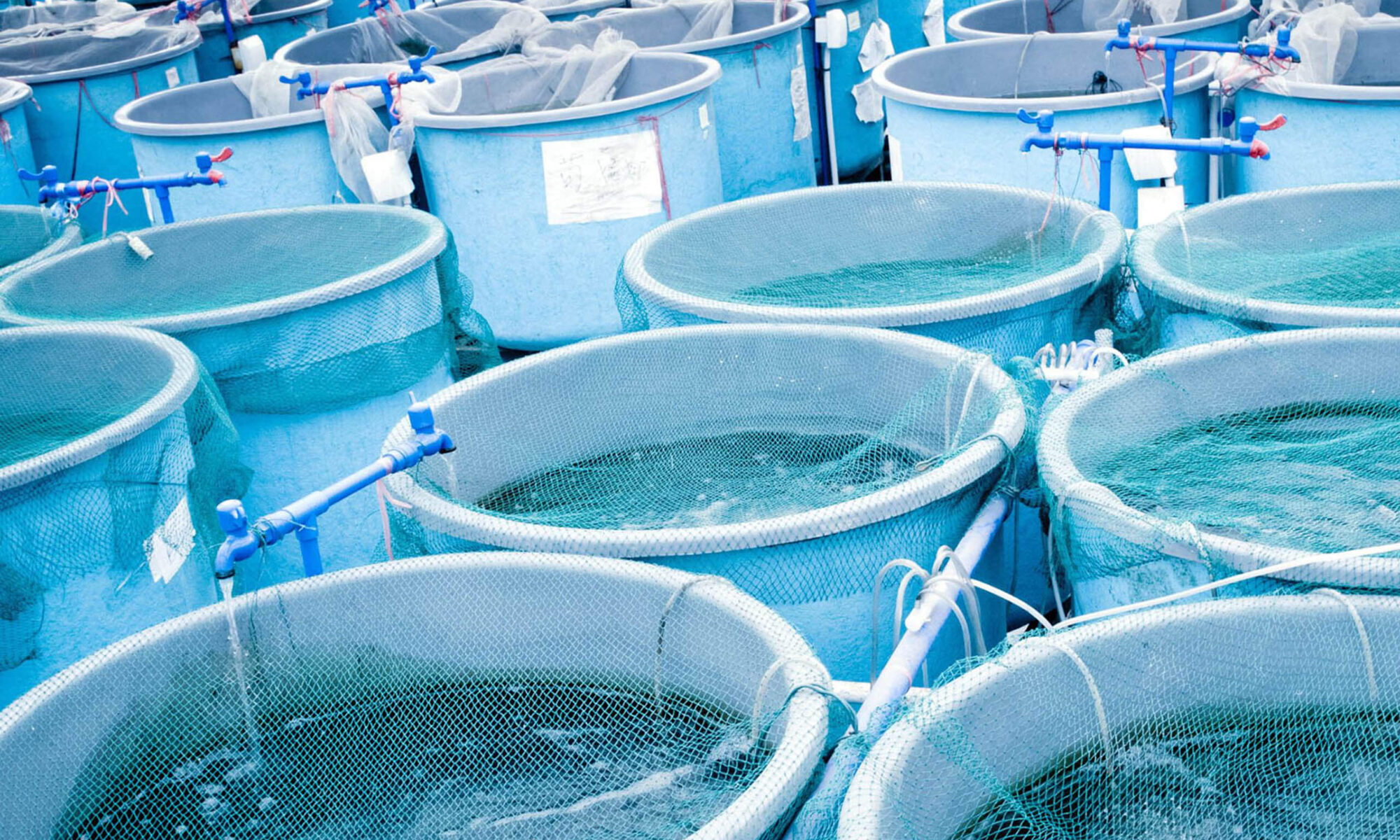People enjoy farmed seafood around the world as part of their diet and for health reasons, but aquatic farming also has many economic benefits. According to the Food and Agriculture Organization, this type of economy helps to produce over 20 million jobs around the world. Read on for more economic benefits of aquaculture here in Maine and the US.
Climate-Friendly Nutrition
Seafood is an essential component of global food security, providing an important source of high-quality protein and healthy fats to humans all around the world. Seafood also requires fewer resources to produce than land-based animal protein. As the climate changes and we look to our food system to meet the growing global demand for protein while minimizing our environmental impact, both wild and farmed seafood will be part of the solution.
Green Careers
Aquaculture presents many exciting career opportunities for people with diverse backgrounds and skill sets. Particularly in rural communities, aquaculture has demonstrated a unique ability to revitalize working waterfronts and keep young people employed with living wages. Young people who are facing an uncertain future due to climate change are seeking “green careers” that allow them to play an active role in developing climate change solutions. Skills in seamanship, marine trades, engineering, product development, marketing, research, and other areas are needed.
Ecological Conservation
While many sustainable wild fisheries exist all around the world, sourcing fish from aquaculture operations greatly reduces pressure from wild fish stocks. This is the case for Maine, where native, wild Atlantic Salmon are endangered. Producing fish in a controlled environment through aquaculture can help maintain biodiversity while ensuring that fish are happy, healthy, and safe to eat. Furthermore, significant advances have been made in fish feed technology, with the majority of feed ingredients coming from plant-based sources as opposed to wild fish meal. Feed innovation has revolutionized the aquaculture sector and greatly reduced its global ecological footprint. In addition, species that do not require feed, like bivalves and seaweeds, remove excess nutrients from the water, creating a net benefit for water quality.
Local Food Production
Aquaculture operations in Maine contribute significantly to our state’s seafood economy by supplying the local and domestic markets with fresh, high-quality seafood. The United States currently imports over 85 percent of the seafood we consume, so increasing domestic aquaculture production not only reduces our trade deficit but also helps us reduce greenhouse gas emissions related to seafood imports.
The economic benefits of aquaculture are vast. It creates jobs and a reliable food supply and helps preserve wildlife and working waterfronts. Fish is a healthy, climate-friendly source of protein that can help people around the world maintain a healthy diet. If you want to learn more about the aquaculture sector and its benefits for you, we encourage you to sign up for our email newsletter.

